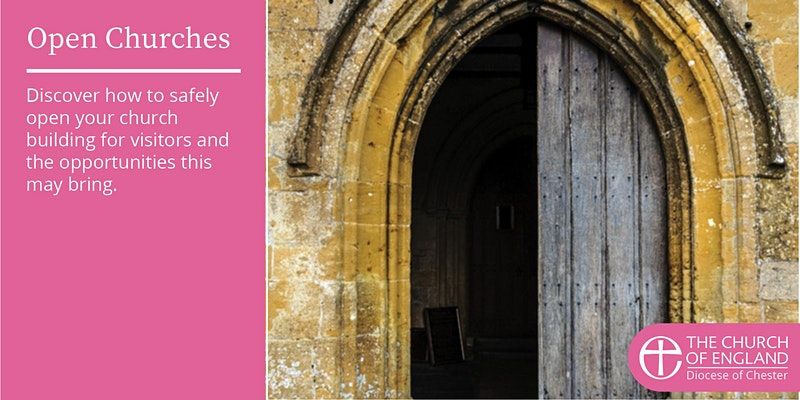The Church of England has published guidance for parishes and cathedrals addressing concerns over memorials with links to slavery and other contested heritage.
The new guidance enables churches and cathedrals to consider the history of their buildings and congregations, and to engage with everyone in their community to understand how physical artefacts may impact their mission and worship. It offers a framework to approach such questions locally and, where necessary, to engage with the relevant bodies who oversee changes to cathedral and church buildings.
In June 2020, the Church of England announced a consultation on approaches to contested heritage following a series of cases around the country. The work forms part of ‘Open and Sustainable Churches’, a long-running programme seeking to identify issues affecting the ability of churches and cathedrals to provide worship and welcome, offering support and resources to tackle these.
The guidance published today has been informed by a wide-ranging consultation which has included every Church of England diocese and cathedral, as well as heritage bodies, specialists in church monuments, and those with an interest and specialism in UKME representation in the Church of England.
It notes that while churches and cathedrals are, above all, places dedicated to the worship of God, for a range of reasons, members of communities may not always feel welcome in these buildings. One such reason could be the presence of objects commemorating people responsible for the oppression and marginalisation of others.
The guidance specifically addresses the issue of heritage associated with racism and the slave trade – including plaques, statues, inscriptions and other monuments, but hopes that by doing so it will establish a methodology which can be used for other forms of contested heritage.
The guidance does not prescribe solutions, but presents a range of options and considerations, together with suggested models for local consultation and discussion. It encourages balanced, inclusive decision-making.
It also states that while ‘no change’ may be the outcome of such a consultation, this is not the same as ‘no action’ and encourages research, consultation and reflection where concerns are raised, to assess how much objects may impact on missional, pastoral and liturgical activities.
From Archdeacons Ian and Mike


“This guidance is primarily for churches that are either already aware of or who wish to explore issues of contested heritage relating to their buildings, particularly with a focus on the slave trade and racism.
“Not every church is expected to engage with this, but all churches are encouraged to consider proactively how the issues raised in this guidance might relate to them.
“The new guidance and framework will help you address these issues. Any church considering issues of contested heritage can get support from the national buildings team. Please contact the DAC Secretary, Caroline Hilton, in the first instance.”
E: caroline.hilton@chester.anglican.org
T: 07546 304341
On publication of the guidance, The Church of England’s Director of Churches and Cathedrals, Becky Clark, said: “With this guidance, the Church of England is seeking to provide a framework for parishes and cathedrals to lead discussions about how the heritage in our buildings can best serve our commitment to be a welcoming and inclusive Church today.
“Church buildings and their interiors have been adapted over centuries in response to practical needs, architectural styles, as well as to society itself.
“The issues of contested heritage require us honestly and openly to discuss ways in which our buildings can demonstrate our commitment to social and racial justice as a reflection of our faith in Jesus Christ.”
Open churches
Are you wanting to open your church building more to visitors but worried about the safety and security implications or how to manage it? Heather Ford, Church Insurance Consultant with Ecclesiastical Insurance, will lead this session and take you through the steps and measures you can undertake to protect the building and its contents.
This packed morning features the main presentation on how to open buildings safely along with time for Q&A, followed by two shorter presentations about missional opportunities as a House of Prayer and encouraging visitor donations. Register here.
